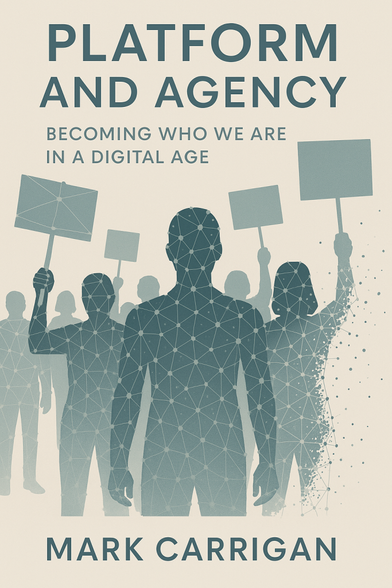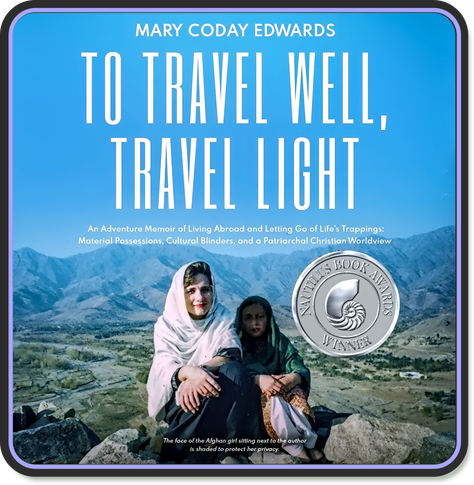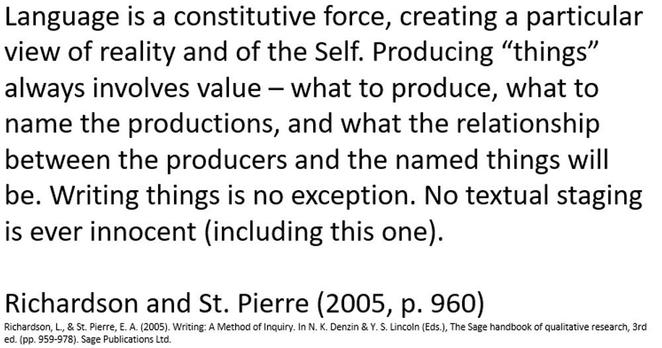New opportunity for independent critical realist researchers
Fixed Term Opportunities for Researchers without a Permanent Academic Affiliation: Associate Membership of the Centre for Critical Realism
The Centre for Critical Realism (CCR) is a small educational charity that aims to advance the education of the general public and practitioners in the study, research and application of critical realism. Its activities include acting as the Editorial Board for the Routledge Critical Realism Series and supporting the Critical Realism Network. We now intend to extend our activities by supporting a maximum of four researchers who use the metatheory of critical realism, through the creation of an associated membership category. The intention of this associate category is to provide a continuity of academic affiliation and practical support.
These are unpaid honorary positions with no requirement to carry out any specific activities and should not impact on any existing roles. Associate membership will run for a fixed term of three years from appointment.
The expected benefits of associated membership are:
- The Centre for Critical Realism is recognised as an academic affiliation. Associate members would be able choose to cite CCR as their academic affiliation when submitting papers to journals and conferences.
- Associated members can also choose to have an @criticalrealismnetwork.org email address.
- Academic/career mentoring advice will be available from CCR trustees and members.
- Financial support can be requested for attendance at specific conferences and research events.
Requirements of role
- To act in accordance with the aims and objectives of the charity
- To provide abstracts of any articles prior to submission and an annual update on career progression
- On the completion of the role, provide an evaluation report detailing how the CCR have assisted in their career development and recommendations for improvement.
Application Process
Candidates must have already obtained a PhD, have demonstratable evidence of using the metatheory of Critical Realism and currently lack a permanent academic affiliation (i.e are without an academic post or on a short term contract).
To apply, please submit an email to criticalrealismnetwork@gmail.com providing a current CV and answers to the following two questions:
- What have you done to date that makes you a suitable candidate for associate membership? (500 words)
- How do you expect to benefit from your time as an associate member? (500 words)
The CCR welcome applications from all countries. For an informal discussion on these roles please contact: Catherine Hastings (catherine.hastings@mq.edu.au) or Steve Ash (steve.ash@me.com)
The closing date for applications for this round of appointments is 1st February 2025.
#criticalRealism #independentResearchers



